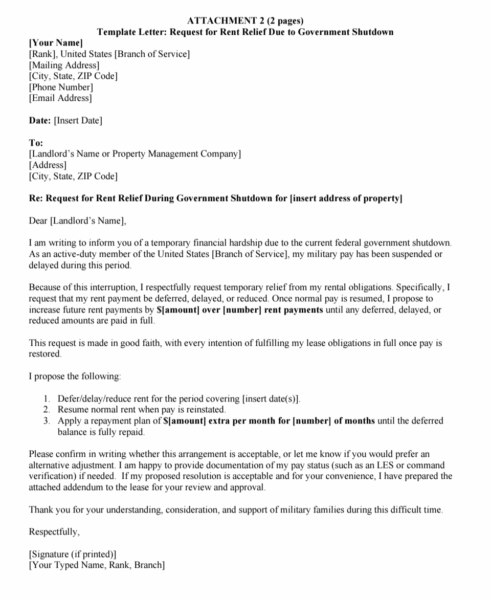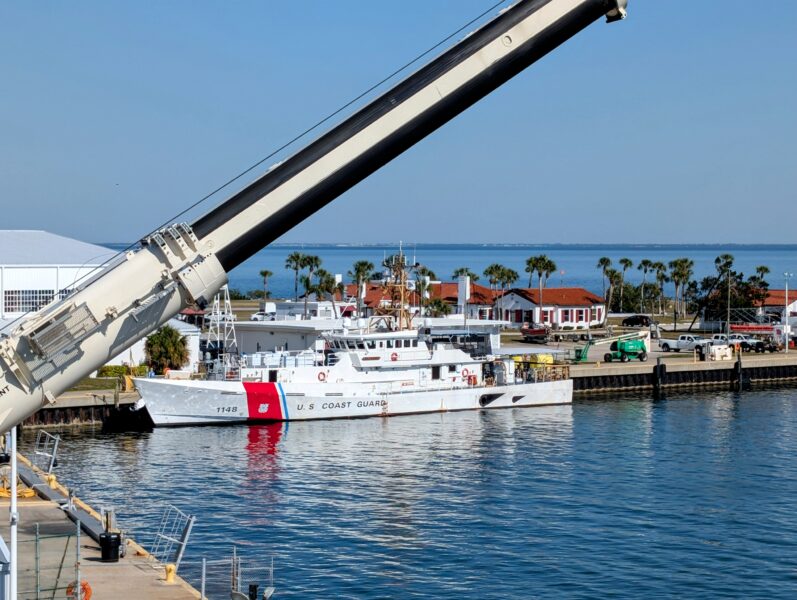St. Petersburg is home to one of the U.S. Coast Guard’s most expansive commands. Local service members and their families could soon need some support.
A bill that would fund the military during the ongoing government shutdown failed to muster enough votes Thursday in the Senate. Personnel, who are at risk of missing paychecks, have received sample letters they can use as a “guide” when discussing payment arrangements with mortgage lenders, landlords and creditors.
A city council committee also discussed the issue Thursday morning as the shutdown, which began Oct. 1, enters its third week. Robert Diamond, a municipal lobbyist with Washington D.C.-based Capitol Counsel, noted there is “no end in sight.”
“There is no direct negotiation happening, and really no process towards resolution,” Diamond said. “All signs are indicating that this will happen for some time.”
The shutdown could delay the $160 million Sunrise St. Pete storm recovery initiative, funded by the U.S. Department of Housing and Urban Development (HUD). Diamond said he would continue to monitor agency impacts, but there is “nothing of tremendous significance to report right now.”
He also noted the presidential administration has tried to “move some pots of money around” to pay the military. Over 825 active and reserve duty service members and 1,800 auxiliary personnel are stationed at Coast Guard Sector St. Petersburg.
The Office of Management and Budget used research and development funding to deliver paychecks to military members Wednesday. However, House Speaker Mike Johnson called that a “temporary fix” and said Oct. 31 payments remain uncertain.
David Thompson, director of government affairs for the City of St. Petersburg, said he remains in contact with local Coast Guard officials. Councilmember Gina Driscoll said the branch is sometimes “treated differently” than its peers, but her “understanding is that they’re still okay.”
She noted that the council’s office raised money and purchased gift cards for Coast Guard families during the previous government shutdown, which spanned from Dec. 22, 2018, to Jan. 25, 2019. Driscoll said she is “keeping an eye on that in case something changes, in case we have a need to step up again.”
“And really put our arms around our Coast Guard families, if they need it.”

A letter template, one of several, local service members can use to request rent relief. Image: U.S. Navy JAG Corps.
The shutdown began after Congress failed to pass the required annual appropriation bills by Oct. 1 due to a standoff over health care spending. Diamond said the loss of Affordable Care Act subsidies would affect “somewhere between 20 and 30 million Americans.”
“There is a total stalemate on this,” he added. “And I don’t have anything to point to that is giving us confidence that it will be a quick resolution.”
Amy Foster, the city’s housing and neighborhood services administrator, said Oct. 2 that the shutdown wouldn’t impede officials from launching Sunrise St. Pete hurricane recovery initiatives in November. She was less certain the following week.
“The HUD contingency agreement did say these programs would continue on while the government was shut down,” Foster said Oct. 9. “We may have heard information yesterday that that’s not accurate. So, we are trying to get to the bottom of that.”
Foster added that administrators want to “under promise and over deliver” with the long-awaited funding. They have eliminated specific program dates “because we don’t want people’s hopes up.”
“These are not reimbursable actions until we have that agreement,” Foster continued. “We’re hiring people; we are acting as if we are ready to start the program. But we also have to be cautious and recognize that we’re in challenging times.”
The shutdown is also straining local nonprofits as an estimated 750,000 federal employees receive layoff notices. Feeding Tampa Bay has launched a relief center to ensure they have groceries, household essentials and money to pay their bills, which will require additional donations and volunteers.
The St. Petersburg-based law firm of Douglas G. Jackson recently announced that the local Daystar Life Center is “in desperate need of a pantry restock,” as U.S. Department of Agriculture-supported nonprofits are experiencing shortages due to the shutdown. “Daystar is doing everything possible to keep up with the growing demand as families across the country turn to them for help,” stated the social media post.
Florida Sen. Nick DiCeglie also leads Hope Villages of America. The Clearwater-based nonprofit annually distributes over six million pounds of food throughout Pinellas County.
DiCeglie told the Catalyst that there is some concern among nonprofits that receive food and funding from federal agencies. However, he is “hearing some conflicting information” regarding potential impacts from the government shutdown.
“At the end of the day, a government shutdown is never good,” DiCeglie said. “Hopefully, they can find a resolution here pretty soon so that this doesn’t become a significant issue.”

